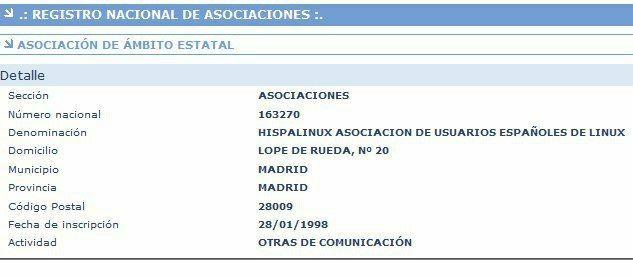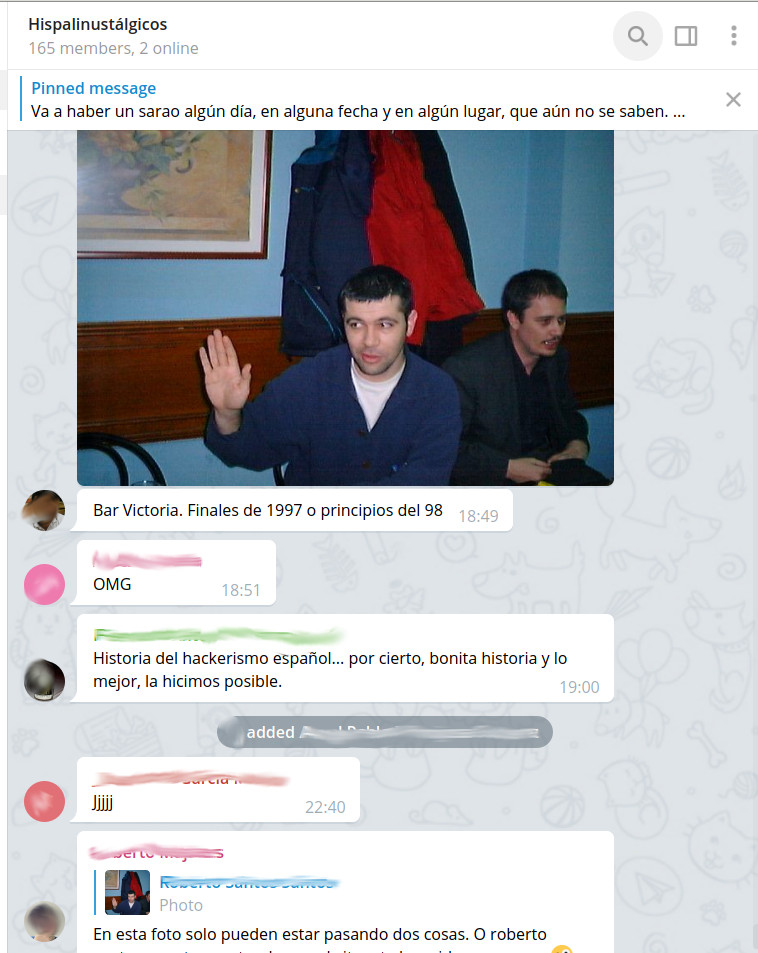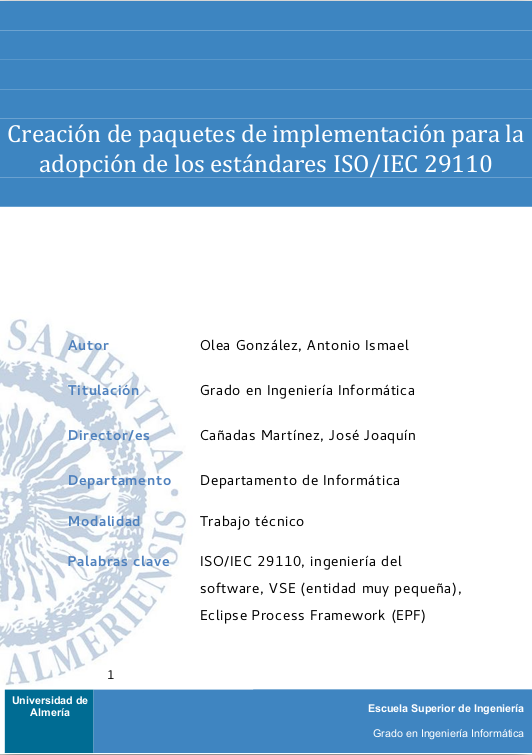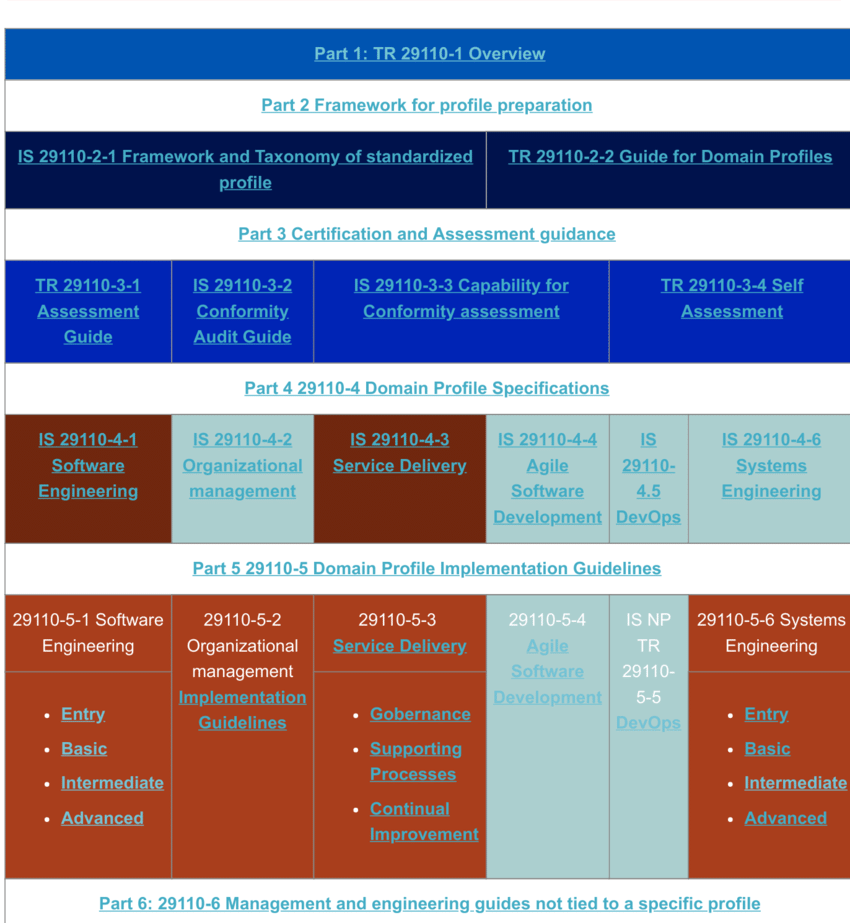«Producir y nutrir,
producir y no poseer,
obrar y no retener,
acrecentar y no regir,
son el misterio de la vida.»
«de Par en Par»: hacia un encuentro nacional de comunidad en tecnología y procomunes
Primero una breve nota de descargo: hace unos años, conforme retomaba vida activa decidí escribir más, pero sólo cuando podía aportar contenidos sustantivos. Pero la escasez de mi escritura durante 2018 hasta hoy mismo se ha debido por la falta de tiempo: muchísimo trabajo hecho, parte del cual habría merecido más eco en este medio. En esta entrada sólo quiero expresar algunos pensamientos relacionados con un evento nacional que afortunadamente se está constituyendo mientras escribo estas líneas. Me encantaría que se acabase llamando «de Par en Par».
Reinicio de la comunidad HispaLinux
 Un rápido antecedente: en un arrebato de nostalgia e ilusión y de forma espontánea tras un encuentro puntual a finales de enero a @SorayaMuoz y a @Juantomas les dio por querer celebrar el 20 aniversario de la fundación de la asociación HispaLinux (algo tarde, puesto que acaba de cumplir 21) y convocar a los viejos amigos y compañeros de batalla de aquella época. Es triste reconocerlo pero uno ya habla de los recuerdos como el señor mayor que nunca te habías imaginado serías.
Un rápido antecedente: en un arrebato de nostalgia e ilusión y de forma espontánea tras un encuentro puntual a finales de enero a @SorayaMuoz y a @Juantomas les dio por querer celebrar el 20 aniversario de la fundación de la asociación HispaLinux (algo tarde, puesto que acaba de cumplir 21) y convocar a los viejos amigos y compañeros de batalla de aquella época. Es triste reconocerlo pero uno ya habla de los recuerdos como el señor mayor que nunca te habías imaginado serías.

 Lo importante es que es que convocaron a algunos amigos, crearon un grupo Telegram y arramblaron con las correspondientes agendas de contactos para traer a toda la peña de por entonces. En un par de días ya éramos más de 100 miembros y subiendo. Y nos sigue faltando gente, #OjO. Inmediatamente se planteó alguna clase de encuentro y cual caprae in monte surgen propuestas. Una de ellas, la de interés en este artículo, sería un futuro, deseable, encuentro tecnológico heredero de los añorados congresos HispaLinux. Hasta ahora se están configurando dos propuestas y pronto sabremos más.
Lo importante es que es que convocaron a algunos amigos, crearon un grupo Telegram y arramblaron con las correspondientes agendas de contactos para traer a toda la peña de por entonces. En un par de días ya éramos más de 100 miembros y subiendo. Y nos sigue faltando gente, #OjO. Inmediatamente se planteó alguna clase de encuentro y cual caprae in monte surgen propuestas. Una de ellas, la de interés en este artículo, sería un futuro, deseable, encuentro tecnológico heredero de los añorados congresos HispaLinux. Hasta ahora se están configurando dos propuestas y pronto sabremos más.
Denominación del encuentro
Con la vista puesta en futuras repeticiones anuales quisiera proponer un nombre nuevo: «de Par en Par». ¿Por qué? En muchos sentidos estamos recuperando el espíritu, comunidad y valores de los viejos congresos HispaLinux que por entonces sirvieron de revulsivo para una comunidad ávida e inquieta y antecedido la actual abundante dinámica de encuentros y congresos tecnológicos por toda España. Yo mismo fui promotor, colaborador u organizador de aquellos encuentros.
Hoy por tanto parecería muy apropiado recuperar aquel nombre. Personalmente creo que ya no es adecuado ni conveniente:
-
la denominación HispaLinux está quemada, la última temporada activa de la asociación de la que tomó el nombre el congreso estuvo marcada por un declive a la vista de todos, algo normal aunque razonable dentro de la dinámica asociacionista;
-
sin embargo la ¿última? junta directiva se hizo cargo precipitó a la asociación hacia la absoluta irrelevancia, incluso cerrando servicios disponibles a los socios y, lo más terrible, interrumpiendo la comunicación con el grueso de los asociados y por extensión la desaparición de la actividad de representación democrática, sin asambleas generales públicamente conocidas ni otras acciones relevantes; en mi opinión lo más sensato es alejarse de esas personas y en mi fuero interno sólo desearía castigarlos con el látigo de la indiferencia;
-
en mi opinión la marca «Linux» ya no tiene la fuerza e impacto de, especialmente, la primera década de los 2000; en cambio se ha «commoditizado»: ya no puede parecer tan sectario para algunos como lo fue en el pasado, está tan ampliamente adoptado en la industria que prácticamente tales tecnologías se dan por supuestas en la mayoría de los ámbitos de las TIC; y esto no es menos que maravilloso, pero como marca o denominación ya no le observo el gancho rupturista del pasado;
-
además, la evolución de las comunidades FLOSS ya va mucho más lejos que los ámbitos de los sistemas Linux, los sistemas operativos, la comunidad GNU, etc, etc: no sólo hay cantidades ingentes de productos software libres que corren en otros sistemas (Android, Windows, iPhone…), que están apadrinadas en comunidades estrictamente no relacionadas con Linux (algunas inmensas como Apache o Eclipse), otras en pleno auge, transversales, alrededor de lenguajes y marcos de programación sino que excede al mundo del software a los contenidos libres y abiertos que van desde Wikipedia, Creative Commons, OpenStreetMap, modelos 3D… hasta las cada vez más abundantes fuentes de datos abiertos;
-
y en la propia evolución de la actividad de HispaLinux ya hubo un cambio de foco importantísimo: hacia la protección de los derechos digitales y los marcos legales para la sociedad digital tanto para construir un patrimonio común de software como para alimentar procomunes inmateriales como la innovación (ejemplo: lucha contra las patentes software), la seguridad en las TIC, la privacidad, el anónimato personales en Internet, etc;
-
finalmente, la denominación HispaLinux es muy reconocida e incluso querida por quienes vivimos aquellos tiempos más intensamente… y ya no somos los más jóvenes pero ¿sirve de atractivo para los demás?; sin querer renunciar a este nuestro público propongo abrirse a todo el público actual, más grande, preparado y diverso que nunca.
¿Por qué «de Par en Par»?
-
porque es un encuentro de la comunidad, por la comunidad y para la comunidad;
-
porque la mejor meritocracia del hackerismo se basa en la igualdad y así nos relacionamos, así colaboramos: entre pares;
-
y porque de par en para es estar abierto: abiertos a los marcos de propiedad intelectual y reúso que creemos justos e imprescindibles para la sociedad digital actual, abiertos a todos los productos digitales e intelectuales creados en dichos marcos y porque como comunidad estamos abiertos a nuevas incorporaciones: no queremos cooptación, eres uno más porque lo deseas.
Somos iguales. Transversales. Todo es abierto. Vivimos de par en par.

Recopilación de apariciones en prensa en 2019
Festival ccALM 2019:
LibreOffice Conference 2019:
Yorokobu:
- ¿Tiene los días contados la diéresis en el español?, diciembre 2019.
Degree final work about ISO/IEC 29110

I want a lot to write more in this blog. There are matters I didn’t talk enough about SuperSEC or GUADEC conferences, some announce for 2019 and some some activities in Wikipedia (specially in the Wikiproyecto-Almería and my firsts step in the amazing world of SPARQL), less important but I really enjoy.
But now I want to keep record of significant advances in the university degree I’m finishing these months. I decided to finish a pending course with special interest in the required degree final work, to work in things I’ve been interested since 2003 but never had the oportunity to focus in deep enough to study, learn and write some useful, I hope, tools. And it’s being fun :-)

So now I can say the project blueprint has been approved by the university. It’s named «Creation of artifacts for adoption of ISO/IEC 29110 standards» (document in Spanish, sorry) and the goals are to produce a set of opensource artifacts for the adoption of the 29110 family of standards focused on a light software engineering methodology suitable to be adopted by very small entities (VSEs). At the moment my main target is to work in the «Part 5-4: Agile software development guidelines», currently on development by WG24, using the EPF Composer tool.
As a working tool I’m making a (half backed and maybe temporal) website to keep record of related materials at http://29110.olea.org.
Hope to announce related news in the next weeks.